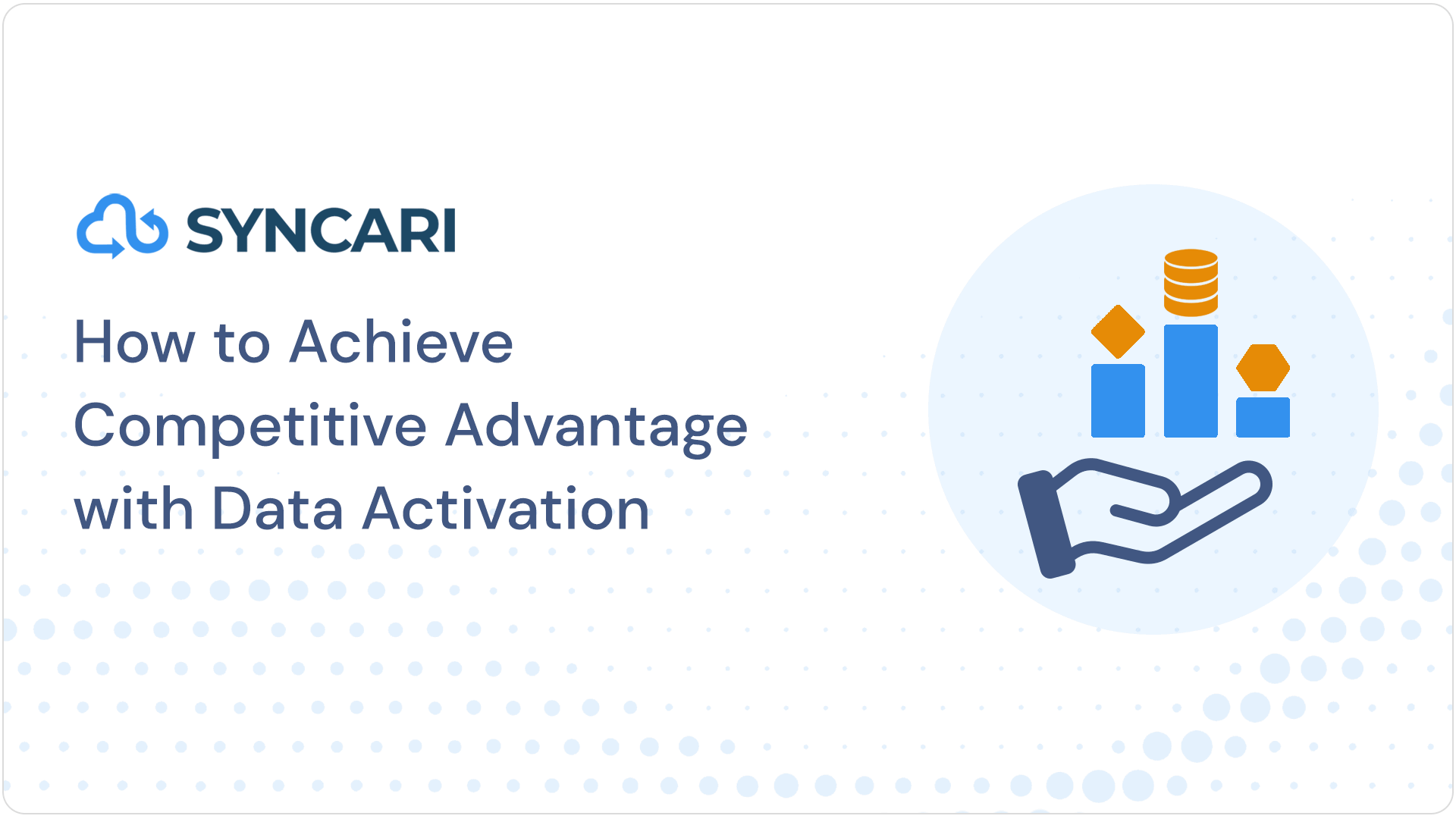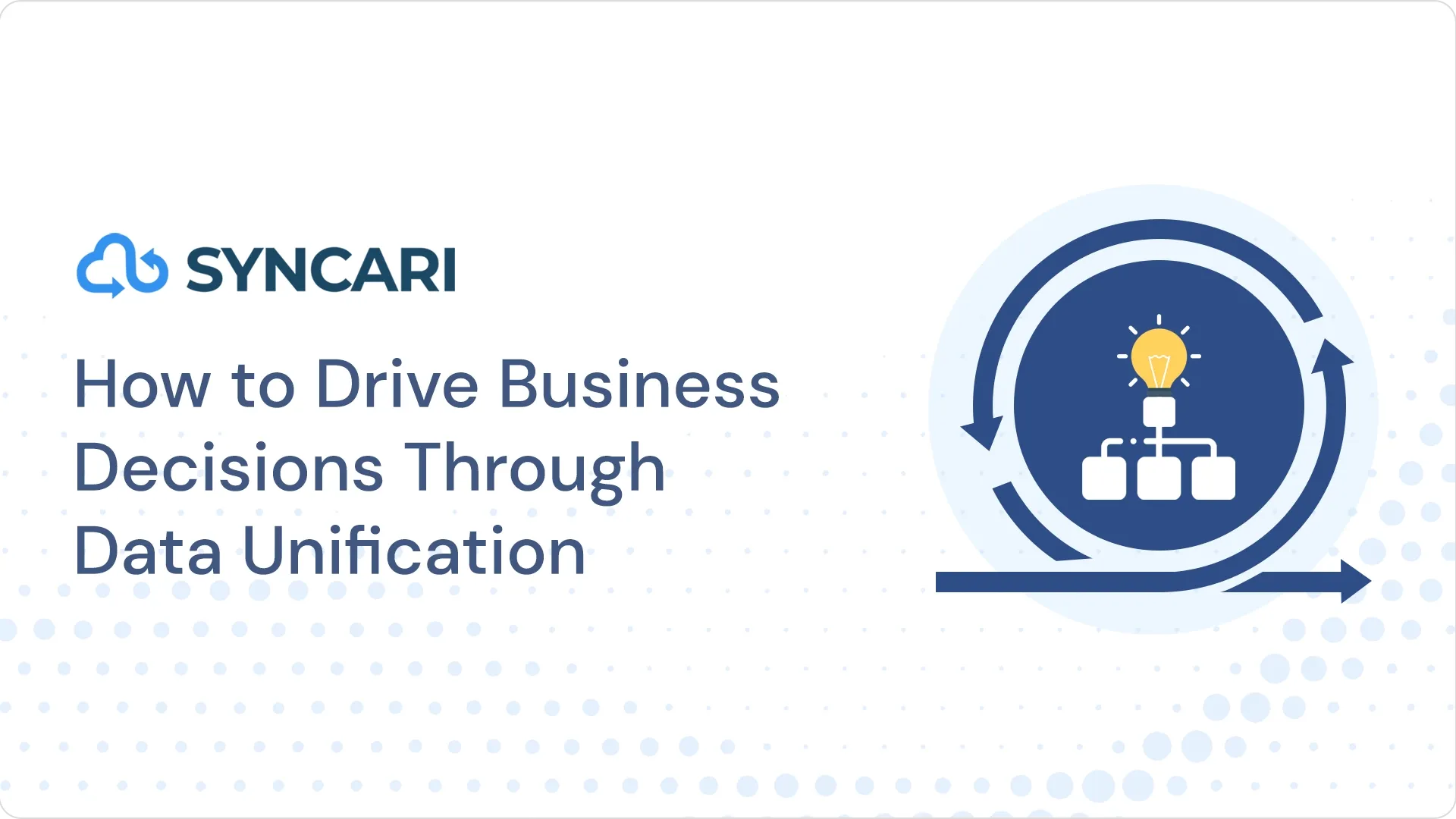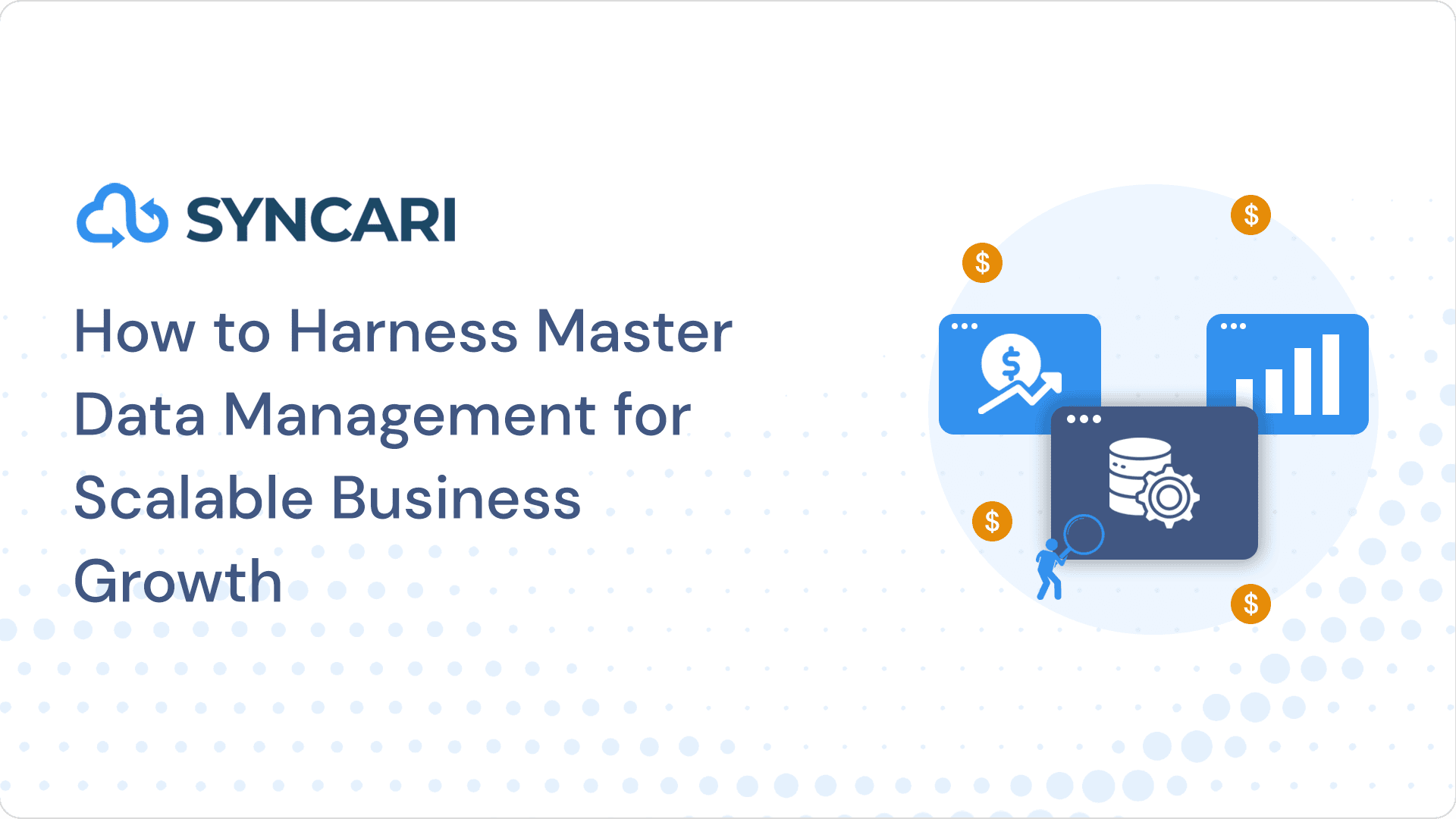What is Celigo?
Celigo is an Integration Platform-as-a-Service (iPaaS) solution that enables IT to empower business teams to create, operate, and track their business processes while assuring consistent best practices, integrate data, data protection, and flexibility to fulfill the demands of the company currently and in the future.
However, several Alternative to Celigo integration platforms enable IT and a line of enterprise teams to manage both standard and specialized workflows, allowing the company to be more flexible and develop quicker than peers.
It makes new integrations simple and quick, allowing organizations of all sizes to link their systems. Numerous companies depend on this brand to integrate cloud integration platforms, synchronize data, automate tasks, and improve data quality.
Restrictions of the Celigo Integration Platform
Due to Salesforce restrictions on Professional Edition accounts, users on new editions will have the following limitations while using the Celigo Salesforce Integration Platform (SmartConnector).
These restrictions are not applicable if you have Salesforce Premium or Limitless Editions.
- SAP Integration Suite reports errors when synchronizing content from Salesforce to the Celigo Native Integrations Platform Admin Panel. Issues will not be presented on the web apps, as they were in Anypoint platform.
- Creating order information takes time to change the stage of the Opportunity to Closed-Won.
- When a sales order or quote is created, users and connections are only sometimes synchronized between SAP Integration Suite and Salesforce.
- Product Categories of this integration platform are incompatible.
- It is only possible to update a user’s accounting information sections using NetSuite data. These attributes are only synchronized between Salesforce and SAP Integration Suite.
- Official data transfer from NetSuite to Salesforce. Salesforce to NetSuite data transfer only at specified intervals.
- The Salesforce Connector only works if your account has the Salesforce API activated. The API is activated by default on Enterprise Data and Unlimited versions. Users of the Professional Edition may have to approach Salesforce to activate this.
[See Also: – Syncari’s response to Salesforce Genie: Be careful what you wish for]
Top 6 Alternative to Celigo
Discover the most effective Alternative to Celigo Integrator.io. Examine 6 prominent integration platforms in depth to determine which is best for you.
Learn how this integration platform stacks up against Celigo terms of features, usability, customer care and support, and genuine user evaluations.
1. TrueERP
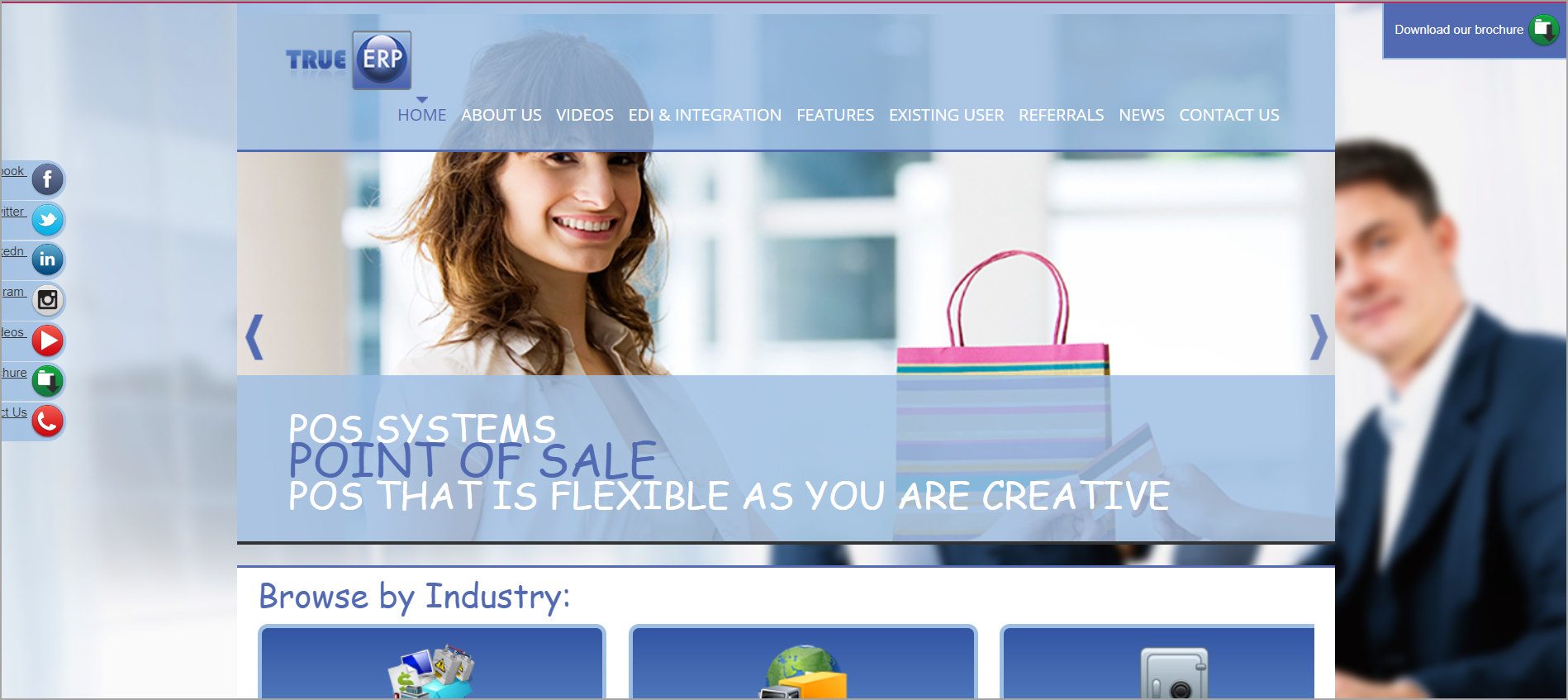
One of the significant Alternative to Celigo is TrueERP which has various features that help simplify procedures. The accounts function of the system delivers graphs and charts using real-time reporting, giving users access to visualizations of statistics. I’d suggest the sales teams use the CRM feature to monitor feedback, maintain customer records, and even produce customer satisfaction surveys.
The system may also be directly linked to Google Analytics. True ERP’s asset tracking tool displays current inventory levels, monitors volume pricing, and maintains raw material stocks, among other things. It also monitors stock levels across several locations and facilities.
Advantages
- The capacity to run a whole project on a single program.
Disadvantages
- Frequent updates impact settings to alter, which makes it time consuming.
Overall Rating
7/10
User ratings
Usefulness – 8
Customer Service – 8
Cost-effectiveness – 7
Features – 8
Pricing: – $70/month
2. OrderWise
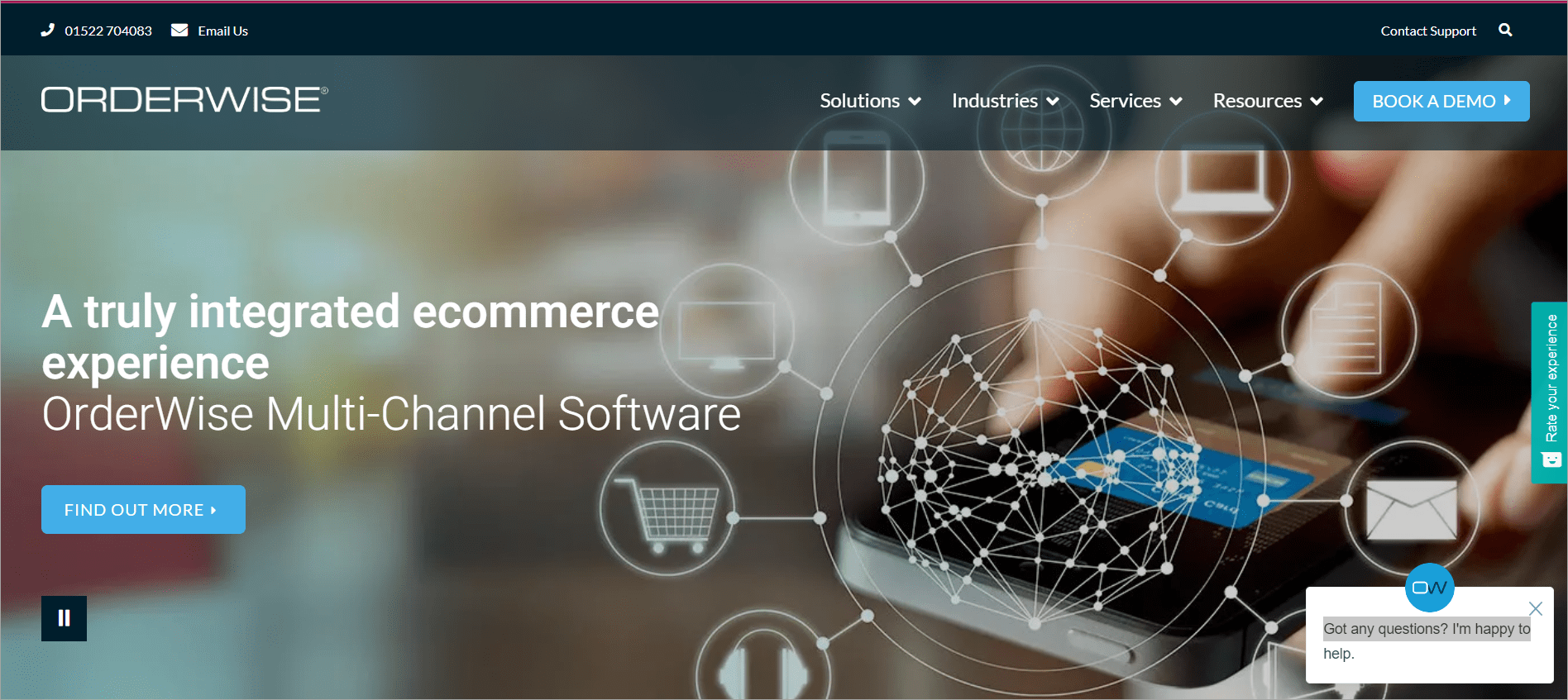
Companies of all types and sectors can control the entire supply chain operations, including production to drop shipment, with the assistance of OrderWise, a holistic ERP & WMS system. This integration platform was created to enhance every area of their everyday operations regarding efficiency, reliability, and revenue.
OrderWise’s key features include identification, stock management, billing, dispatching, customer relationship management (CRM), and others. Accounting statements that comply with industry standards can be produced by integrating financial records and transaction data. Moreover, it offers Android mobile apps that allow customers to track customer interaction, invoicing and order status from afar.
Cost information is accessible upon request, and assistance is offered through calls, mail, and other internet channels.
Advantages
- User friendly interface
- CRM focused tool
Disadvantages
- User might have to face extra expenditure to learn to work with it due to inefficient training.
- Mobile version isn’t set up completely.
Overall Rating
7/10
User ratings
Usefulness – 8
Customer Service – 8
Cost-effectiveness – 7
Features – 8
Pricing: – $399 – $599/month
3. Tray.io
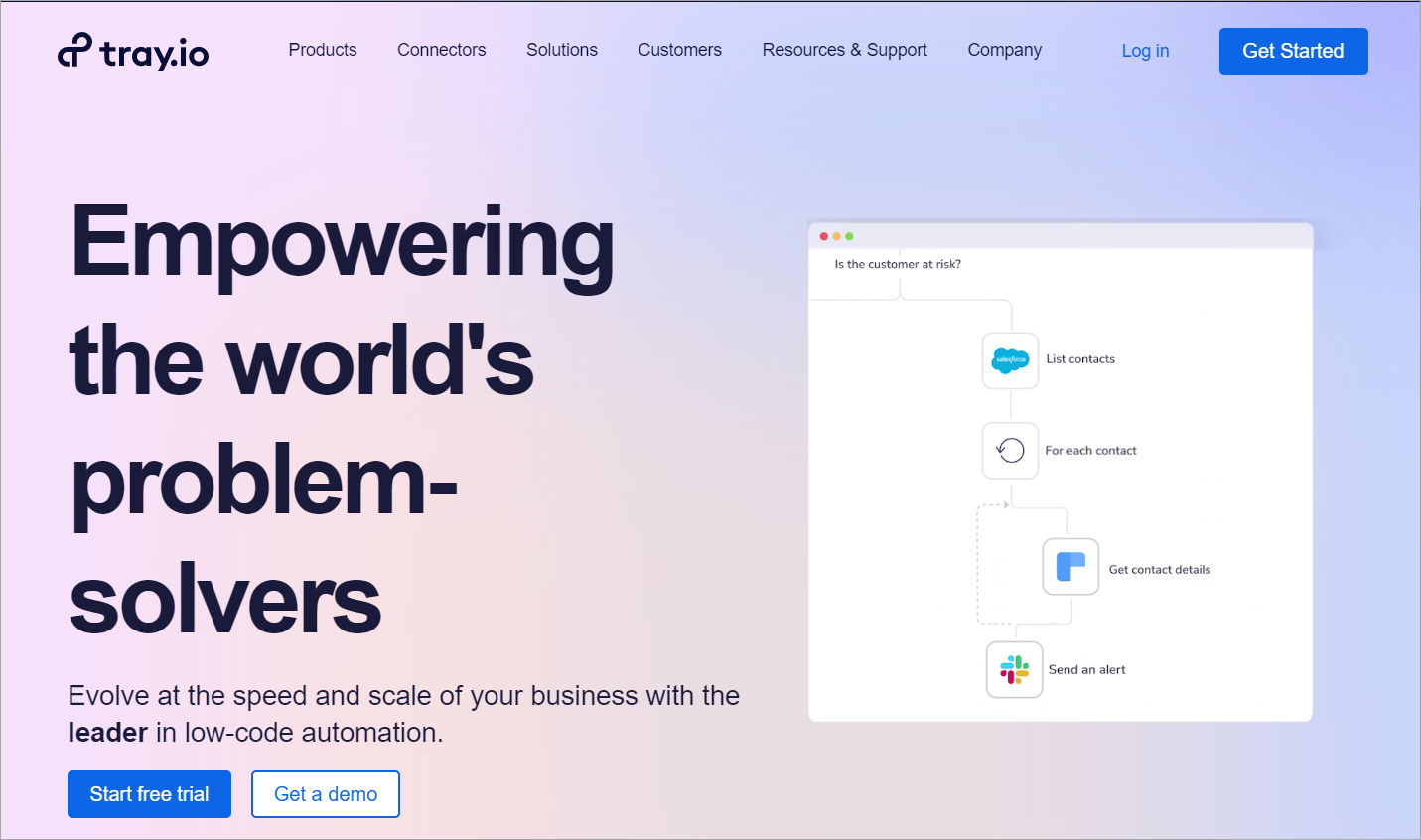
The industry-leading General Automation Platform from Tray.io enables business users and programmers to manage mission-critical activities thanks to its contemporary cloud hosting design. With corporate protection and support, the low-code Tray Platform allows quick technological change by democratizing automation across businesses.
Advantages
- Tray successfully balances technical proficiency with user-friendliness.
- You can construct and iterate automation rapidly if you know the fundamentals of coding and how to use APIs.
- If endpoints require particular consideration, you can design a complex request because most connectors offer choices for making specific calls to a company’s API.
Disadvantages
- Failed steps might not be acknowledged within the workflow.
- It will take time to become acquainted with the procedures.
Overall Rating
8/10
User ratings
Usefulness – 8
Customer Service – 9
Cost-effectiveness – 7
Features – 7
Pricing: – $595 – $1450/month
4. Boomi
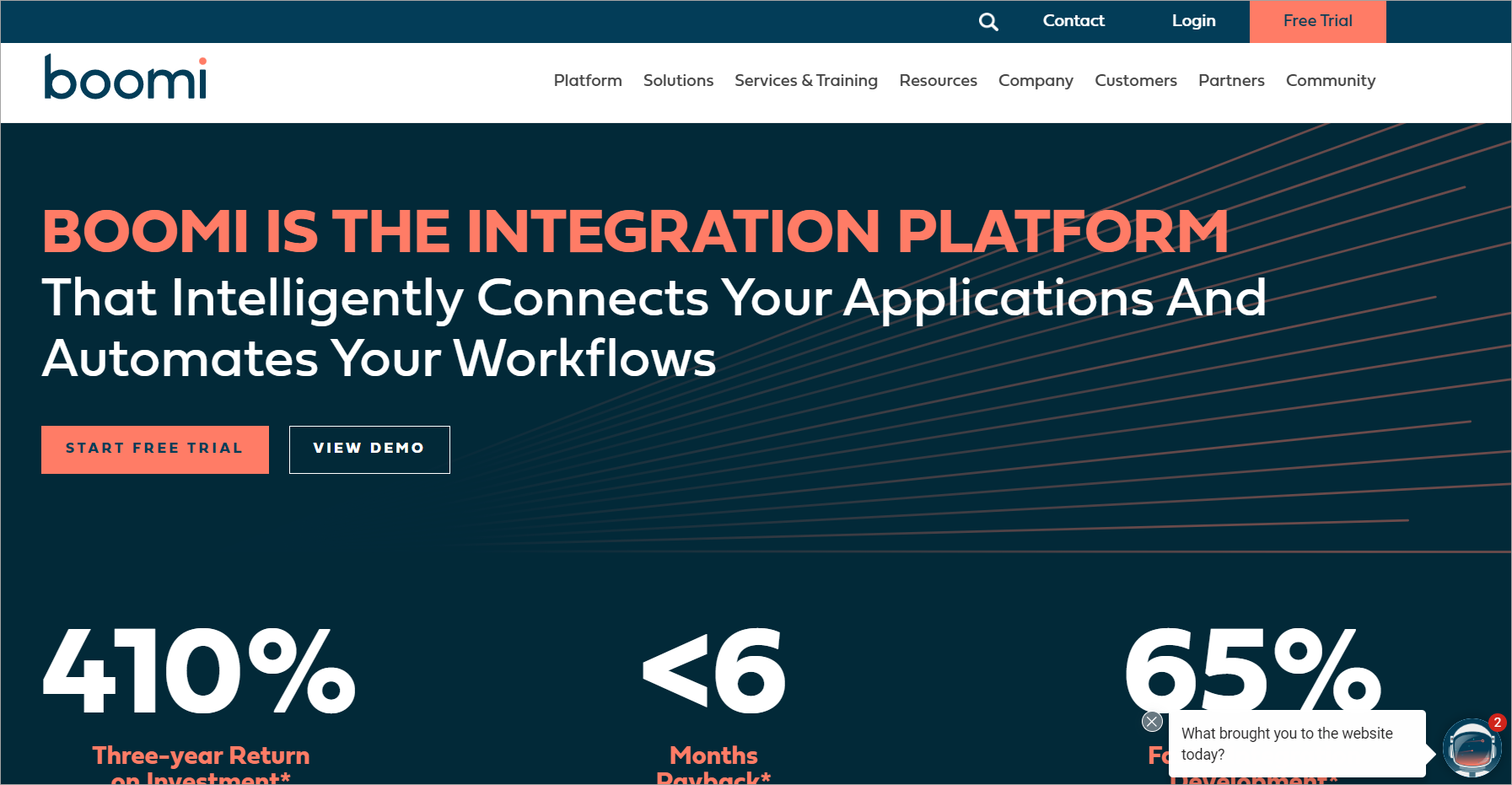
Boomi is an on-demand multi-cloud management solution for integrating apps and data from the cloud and on-premises systems. The software enables users to transmit data across cloud-based and on-premises apps and develop cloud-based integration procedures known as Atoms.
Apps and datasets can be connected using Boomi’s integration platform as a service (iPaaS). It is a framework for low-code programming. The system provides tools for activity structure, management solutions, and API connectivity with the cloud. This includes an API Firewall, API Gateway, and API User Portal.
Boomi API Management offers a centralized platform for managing and enhancing API interactions across their entire lifecycle that is uniform, extensible, and cloud-based. Boomi allows customers to quickly design, deploy, and manage any gateway as an API on-premises or in the cloud. Thus, making it an top Alternative to Celigo
Advantages
- Boomi is designed for process development by design. This translates to a lengthy number of pre-built integration connections
- They have integrated their NetSuite ERP with the following cloud applications using Boomi: Secure FTP, A unique Oracle Agile PLM API, Custom applications.
Disadvantages
- Frequent Monthly upgrades can turn into a hassle.
- It can be difficult to use for people with no technical background
Overall Rating
8/10
User ratings
Usefulness – 8
Customer Service – 9
Cost-effectiveness – 8
Features – 9
Pricing: – $2,000 – $8,000/month
5. MetaRouter
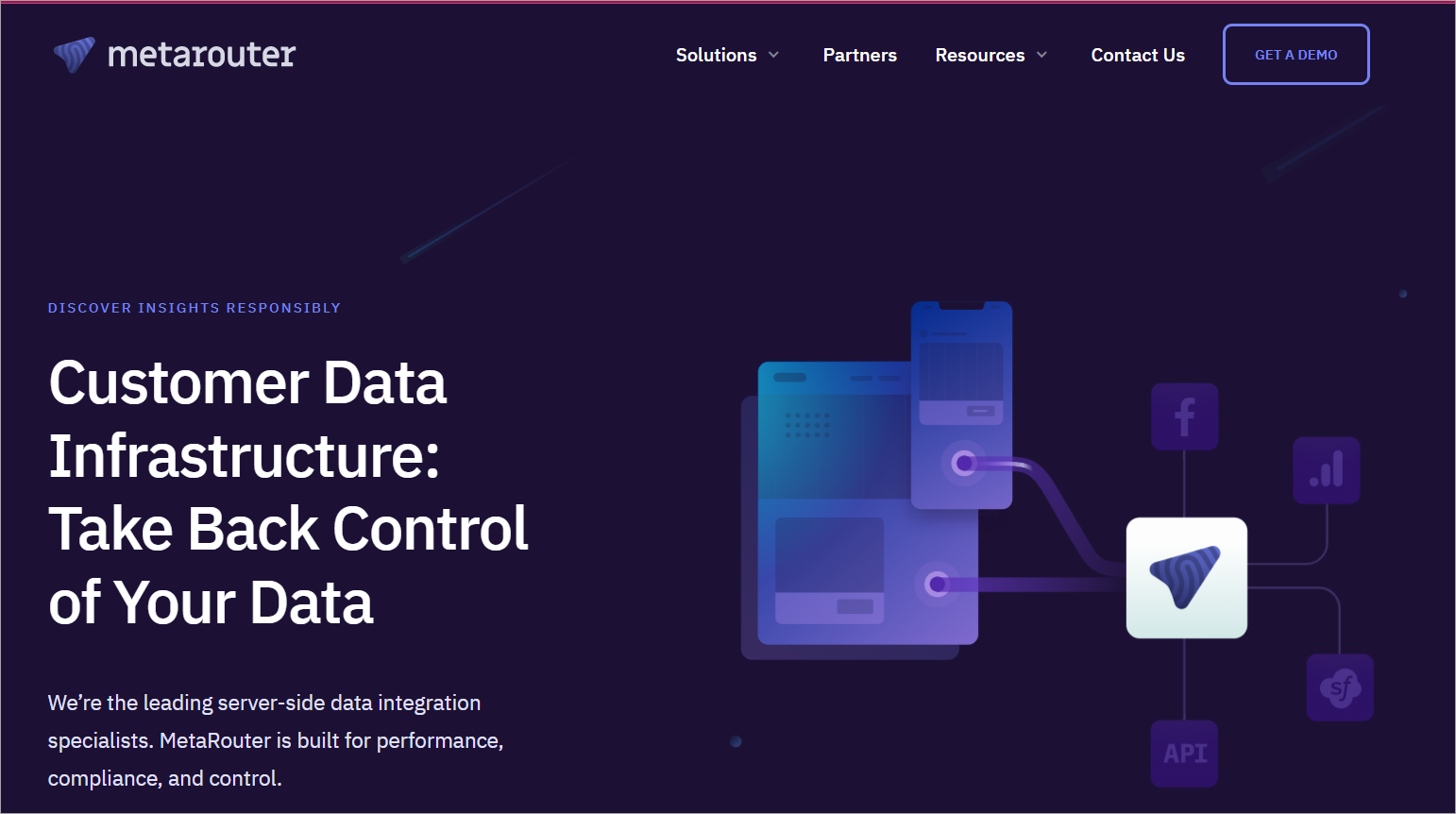
A customer data infrastructure called MetaRouter was created for businesses concerned about efficiency, regulation, and management. Browser labels that slow down your website and lead to inconsistencies between suppliers are eliminated by utilizing MetaRouter to collect information and redirect it to any third-party advertisement, AdTech, or actionable insights.
You can further verify that your privacy and security requirements are adhered to by managing the information yourself.
While it offers PaaS or licensing options, most companies prefer a private cloud setup since it blocks any access from outside parties—including Meta Router’s—and takes the risk out of the equation.
With the help of a unique design, any third-party product you use is wholly integrated server-side, doing away with the requirement for browser labels that slow down your website and generate redundant records. You can request a UI and product demo to learn how to achieve the best possible data governance.
Advantages
- They now have choices for analytics, diagnostics, split testing, labeling, sensors which can simplify the process of greater responsiveness to your website.
Disadvantages
- Installation of a data layer mapping is complicated.
- Requires multiple integrations.
Overall Rating
7.5/10
User ratings
Usefulness – 8
Customer Service – 7
Cost-effectiveness – 7
Features – 8
Pricing: – $20 – $120/month
Syncari
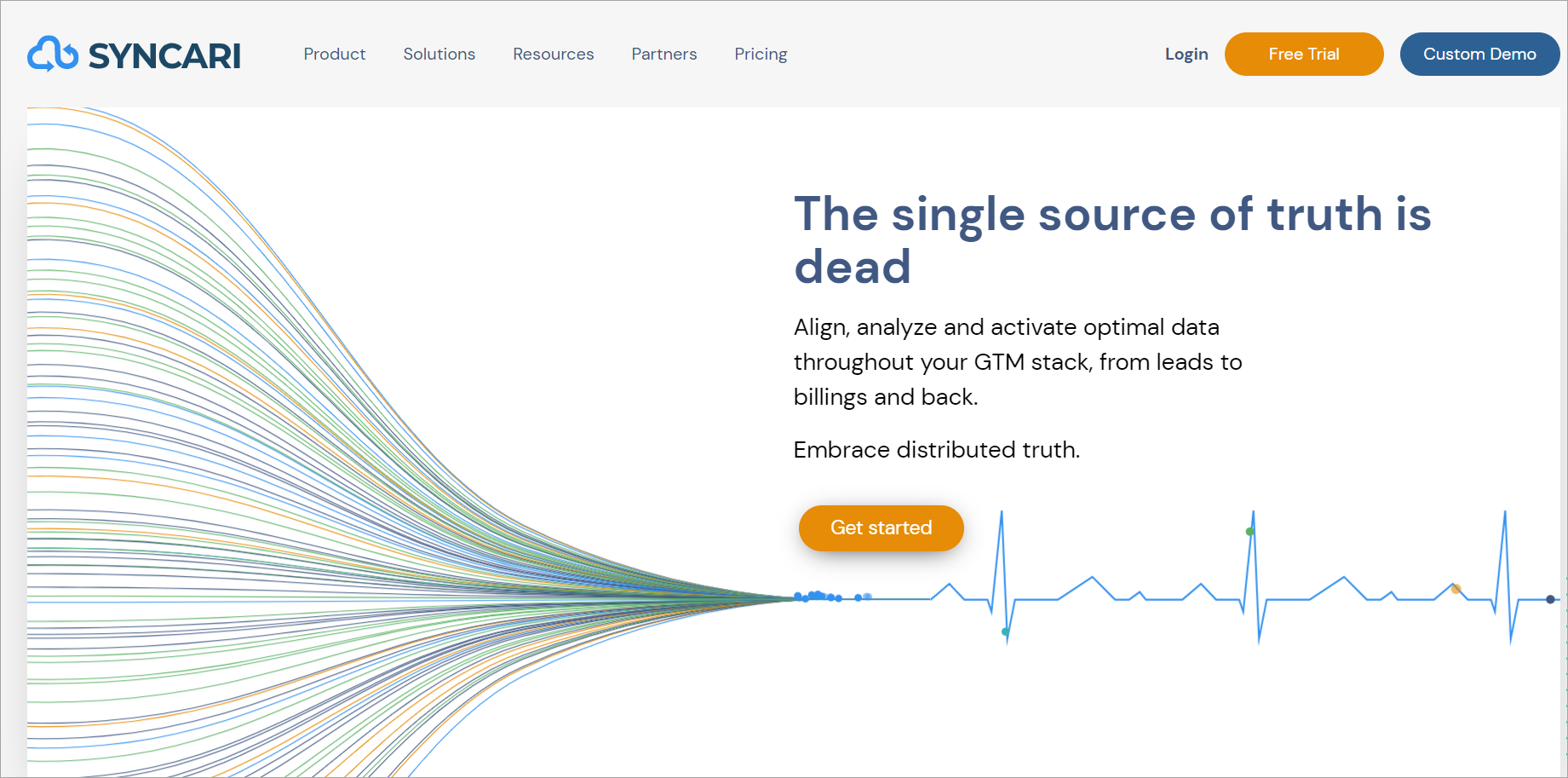
Syncari is the only tool that unifies customer data in multiple systems. Specifically, it can sync data in NetSuite and Salesforce simultaneously, rather than sending copies of customer information from one tool to another, and back again.
Syncari also unifies customer information between HubSpot and NetSuite, between Microsoft Dynamics CRM and NetSuite, and between Zoho CRM and NetSuite. In fact, customers absolutely love our Hubspot NetSuite integration for its ease and simplicity. This is because Syncari can unify NetSuite with any of its 50+ “synapse” connectors.
Ensure your customer information is accurate both for your finance team and your sales team, by unifying NetSuite and Salesforce with Syncari.
One of the primary criteria for creating Syncari was that operations managers need to be able to create, operate, and maintain the platform. It has to be easy to use, headless, and code-less. All of these are provided by Syncari, and the operations teams—not IT—successfully use Syncari.
You can move faster, with greater agility, and complete data projects with much greater breadth and depth. This is what also makes Syncari the best Alternative to celigo.
Advantages
- Organize, evaluate, and reduce the cost of your data stack while achieving unified customer data faster.
- Priced by records unified, not by APIs, so price scales reasonably as you go and no surprise overage fees.
- For data teams, Syncari offers a simplified, consolidated approach to unifying data in product warehouses with CRM and other GTM tools.
- Syncari integrates and synchronizes data across your entire app ecosystem without IT complications or pricey bespoke connections.
Disadvantages
- Gradually expanding synapse library.
Overall Rating
8.5/10
User ratings
Usefulness – 9
Customer Service – 9
Cost-effectiveness – 9.5
Features – 9
Pricing: – $2,995 – $4,995/month
Pick the Best Tool
You have gone through the best Alternative to Celigo in this article, and now you can choose the best tool suitable for your needs. Businesses may expand their products with data integration, synchronization, and administration more quickly, thanks to Syncari’s platform of APIs.
From a no-code perspective, I recommend using Syncari for self-configurable integrations and customizable automation in their product offerings. The market expansion increased competitiveness, and quicker product uptake is all fueled by this.
Features
- Integrated Platform
Utilize Syncari’s dual analytical and transactional analytics platform to enable integrated sync, data processing, and management through APIs.
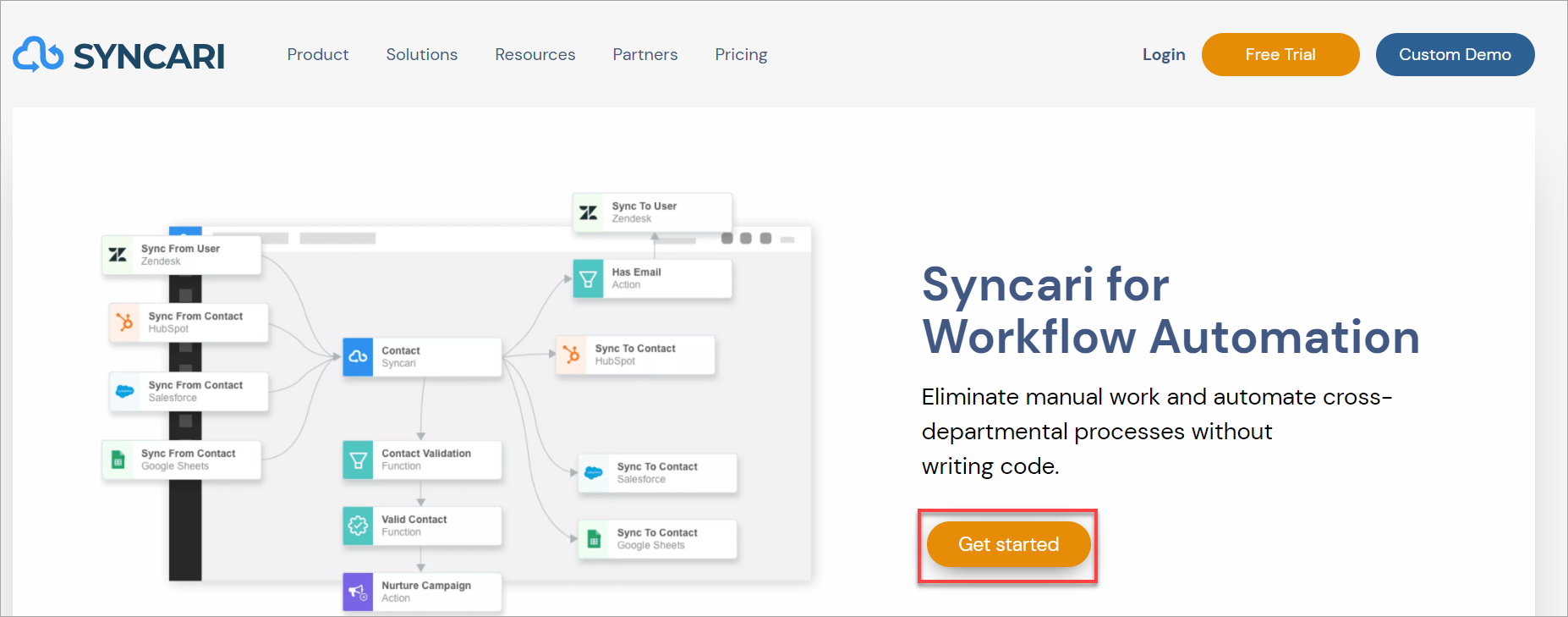
- Centralized Data Architecture
Owing to its centralized data architecture, every data source connected to Syncari normalizes the product’s data model. Now, any customer system may communicate using the same data language.
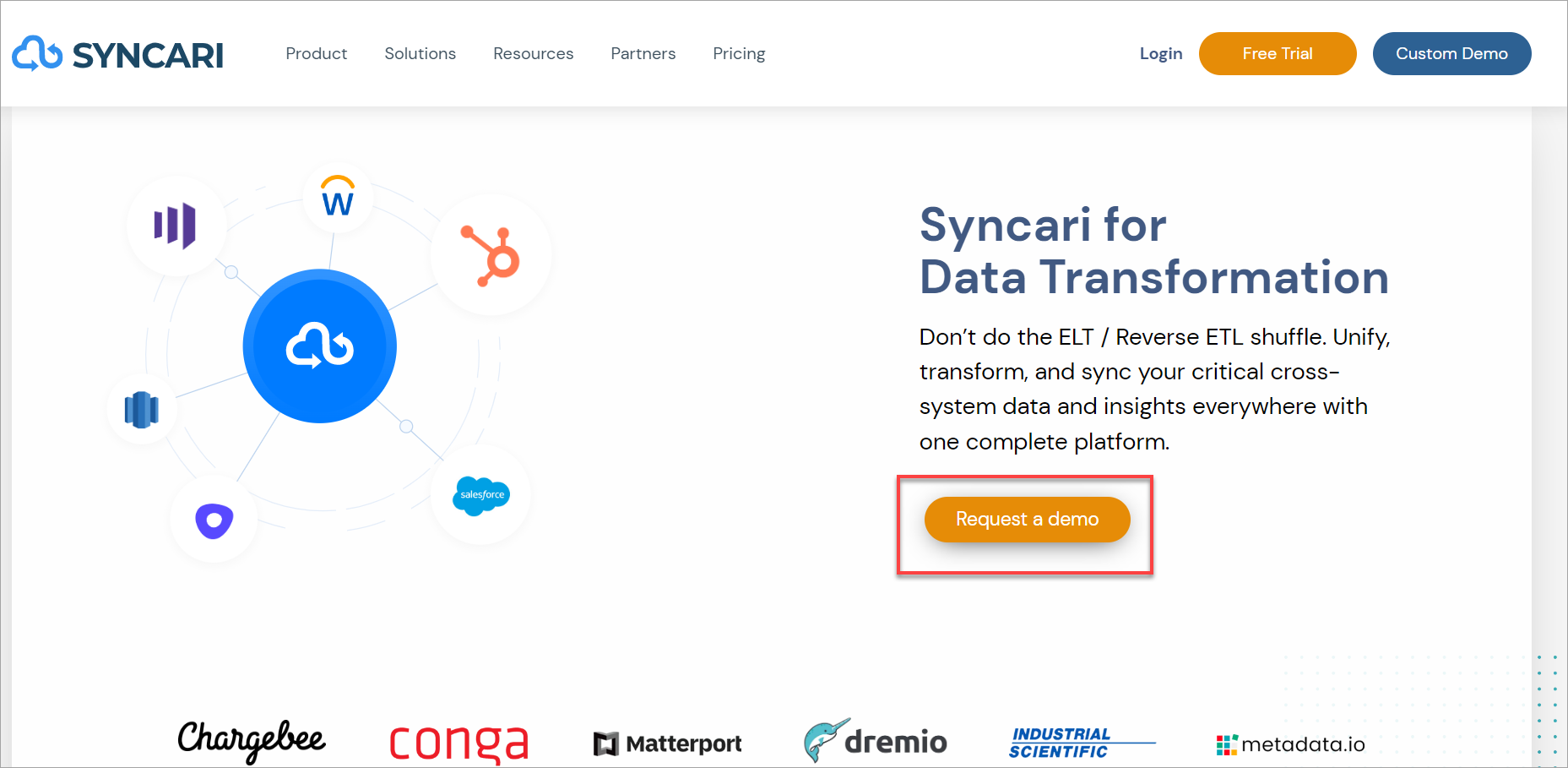
- Fast Starts
Build scalable database structure, workflows, and format syncs. Give mixed resource teams or clients the ability to automate their data more quickly with clicks rather than coding.
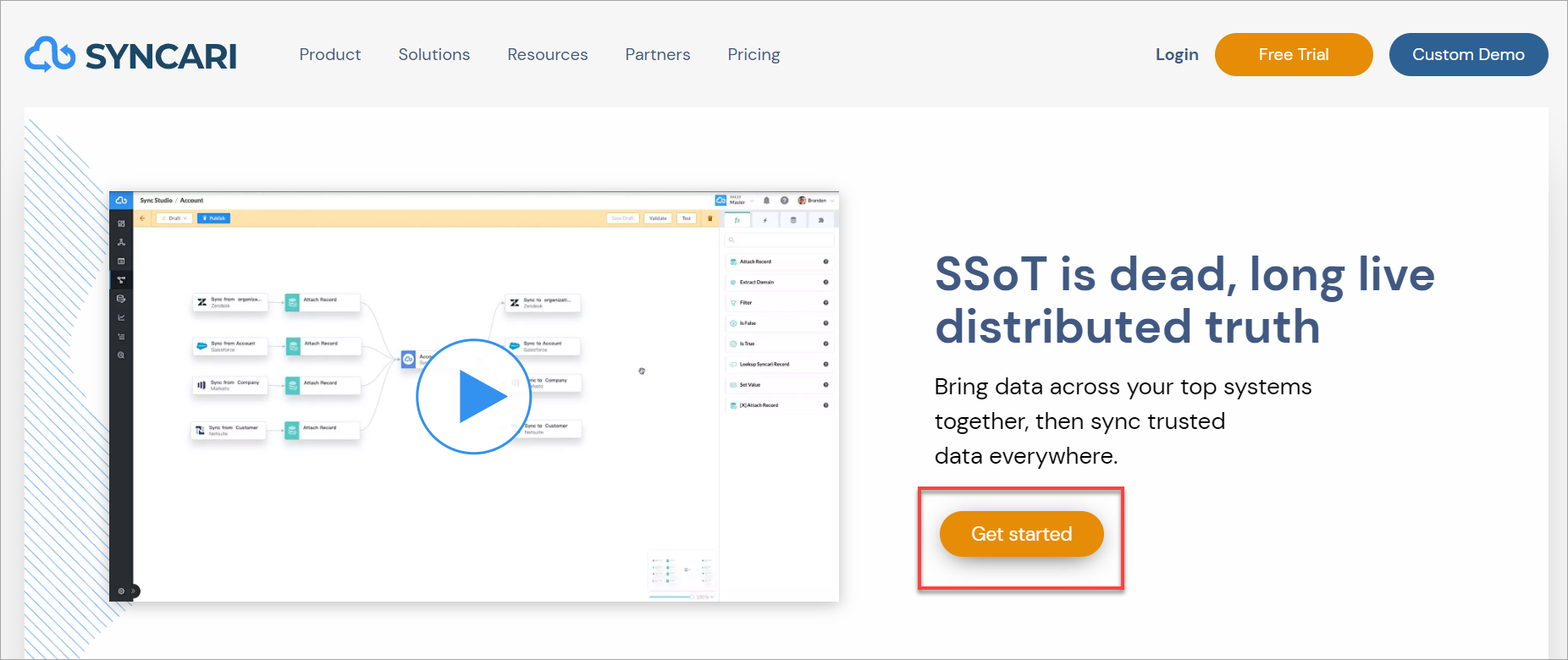
50+ programmable connections Contrary to typical connections, Syncari Synapses can self-heal after system failures and swiftly respond to changes in the database.
Integrate customer data to any program or data frame that publishes an API using a custom connector SDK.
Data processing, synchronization, and automation may be integrated into products using Syncari’s platform connectors. Access to a vast network of systems, processes, and consistent data is affordably provided through Syncari.
You can simply contact the Syncari Team to sync your customer data to increase cross-platform productivity, and drive revenue growth with a unified customer lifecycle.
Visit our Pricing page to register for a 30-day trial.
Related Topics:
